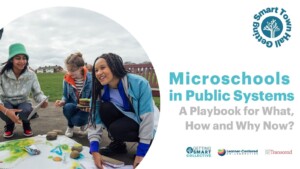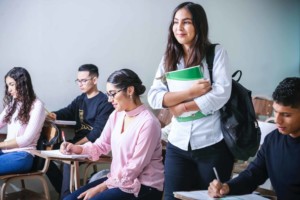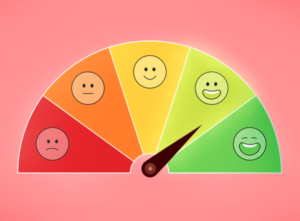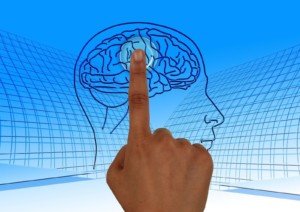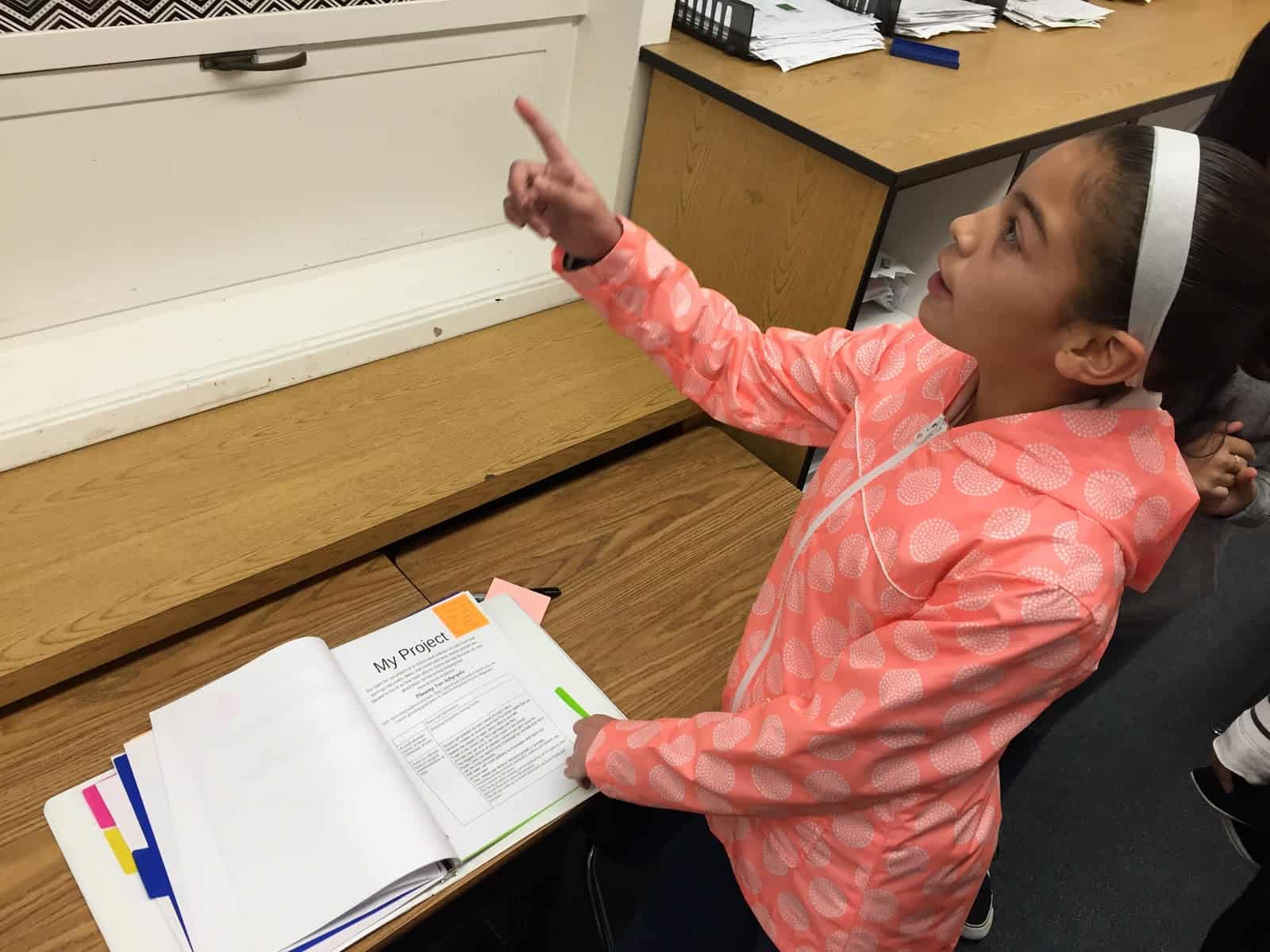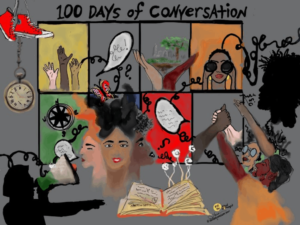Readiness Institute at Penn State’s Hope Moonshot Is Inspiring the Global Community
The Hope Moonshot project is a powerful tool available to educators to inspire a hopeful mindset for students.
An Equity-Driven Approach Towards Assessments and Grading
While we wait for the rest of the various “systems” to catch up, there are several bold, attainable moves that teachers and administrators have within their locus of control to make meaningful improvements for students NOW.
Well-Being Matters: An Index to Measure Student Thriving
Angela Duckworth shares why well-being matters and how to measure this through the Student Thriving Index.
Ma Ka Hana Ka ʻIke: In Working, One Learns
Ma Ka Hana Ka ʻIke is a youth-focused vocational training, educational, and community-based nonprofit in Hāna, Maui. Through core programs and initiatives, Ma Ka Hana Ka ʻIke empowers and nurtures students and graduates to become caretakers and leaders of their communities.
The Cognitive Age: Building Brains that Learn Better
Betsy Hill and Roger Stark explore the intersection of brain science and classroom learning in their first neuroscience series post.
The Self-Employment Surge is Real: Can It Survive a Recession?
Students in a time of crisis believe that their best career bet is creating their own business, and more colleges and universities are responding by rolling out entrepreneurship programs.
Small Wonders: Finding Everyday Moments of Awe
Author and Professor Dacher Keltner shares tips for how to find small moments of wonder in the day-to-day.
‘Anxious’ Generation? More Like ‘Action’ Generation: America’s Students Are Building a Better World
This year more than 130 schools will be participating in Better World Day, an event created by the nonprofit organization EL Education.
The Future Of Learning Is Smart Measurement Rather Than Dumb Assessments
The future of learning is smart measurement-- a collection of authentic and adaptive observations over time. The results help learners understand their growth and tell their stories.
Seeds Of Opportunity In Crisis
By: Erin Lynn Raab. In this moment of multiple crises lie the seeds of opportunity. This in-between moment offers us a chance to ask what these crises have taught us about who we are, who we want to be, and what we want to be the “normal” to which we return. There are seeds of opportunity in crises—but what conditions do we need to create to allow them to sprout?


